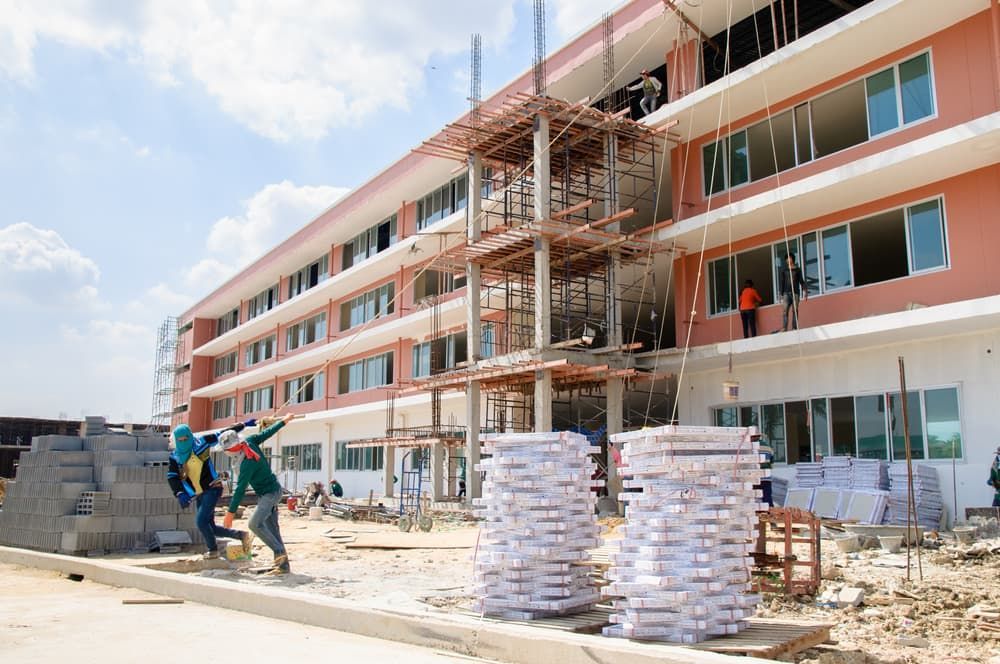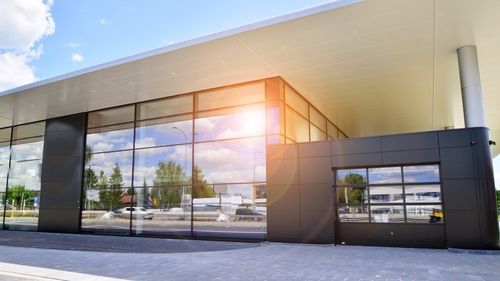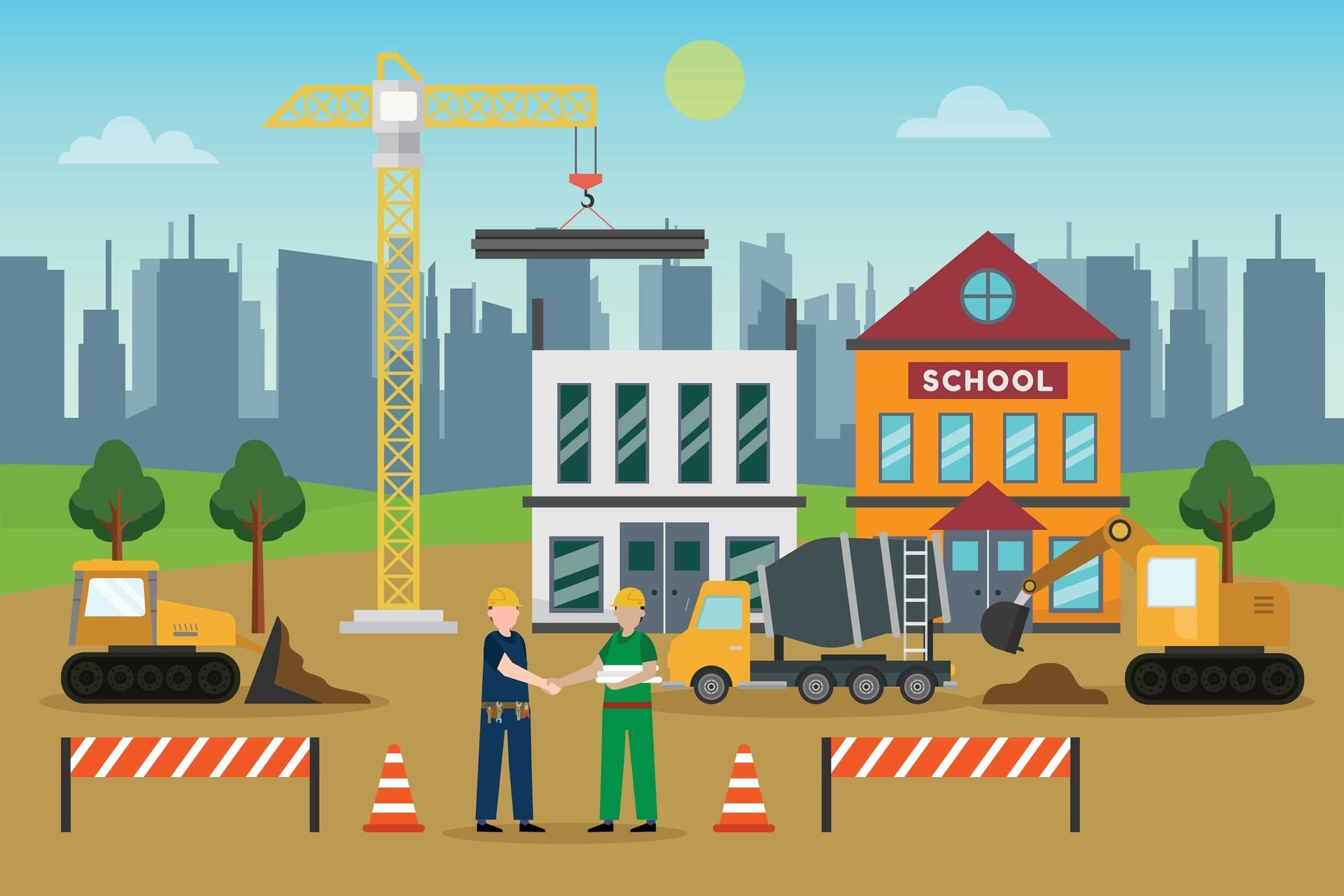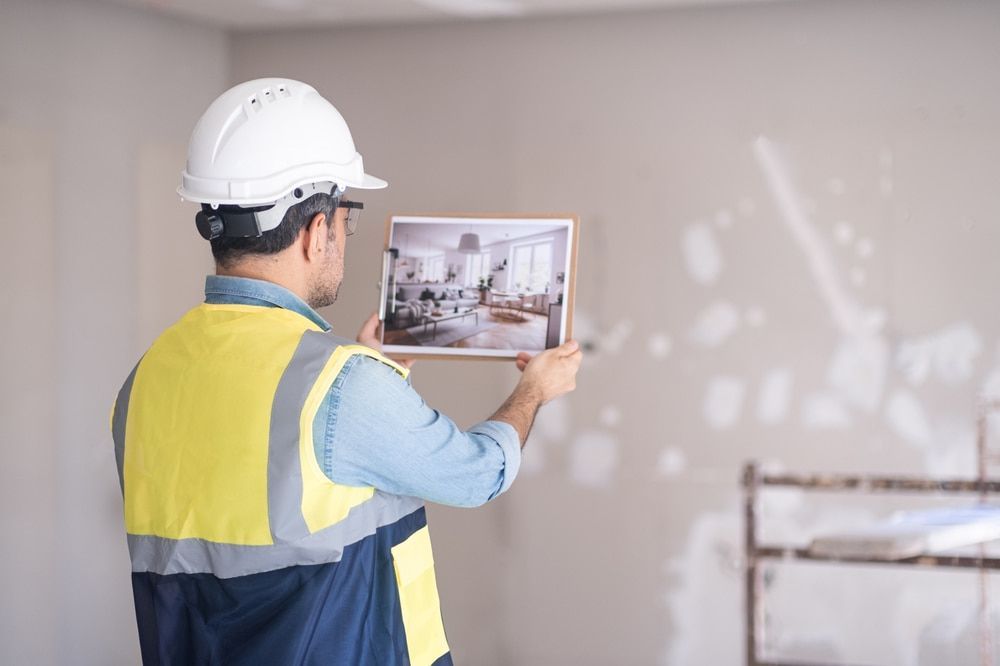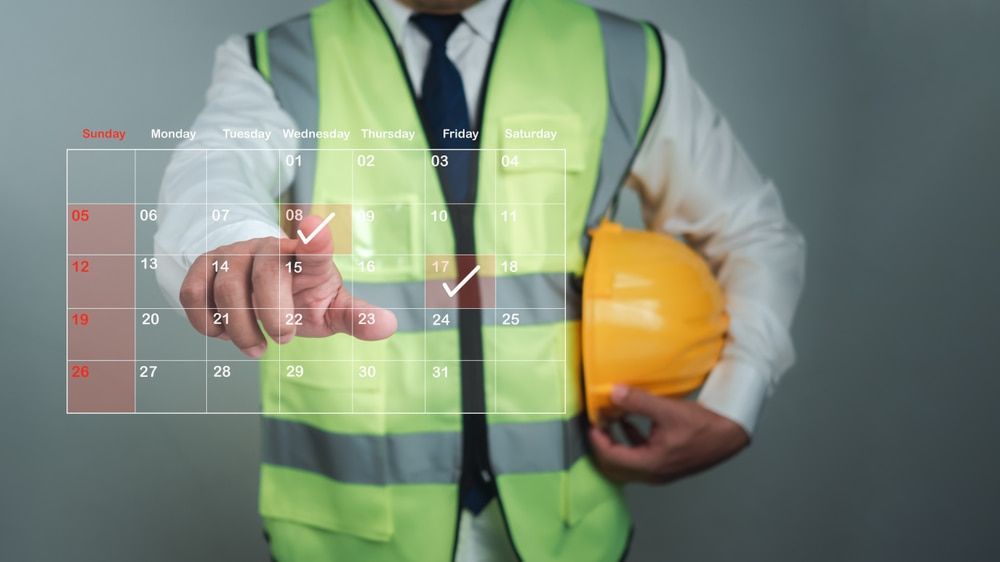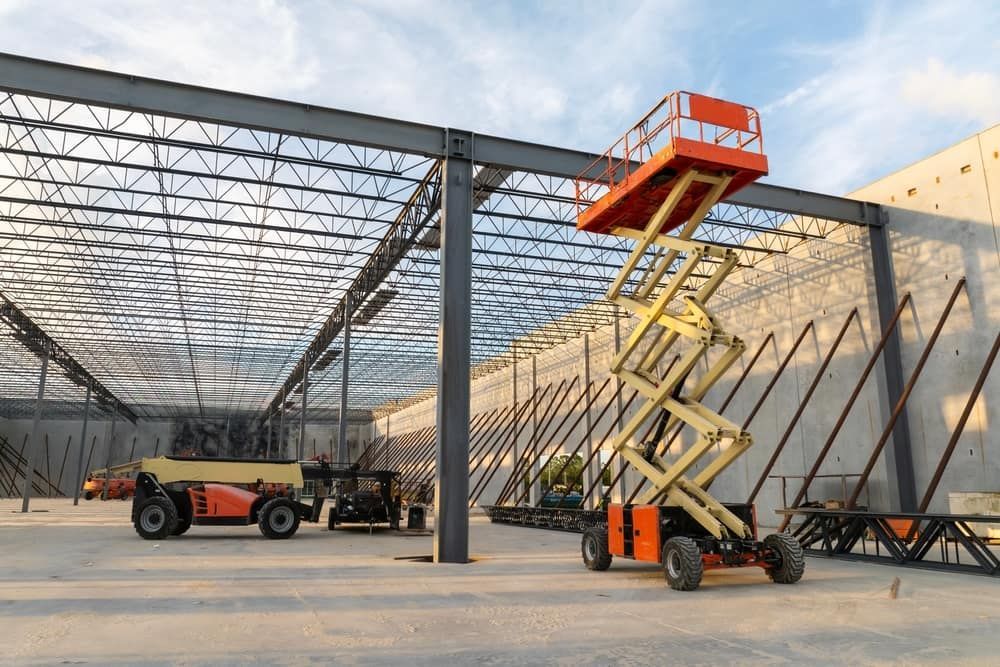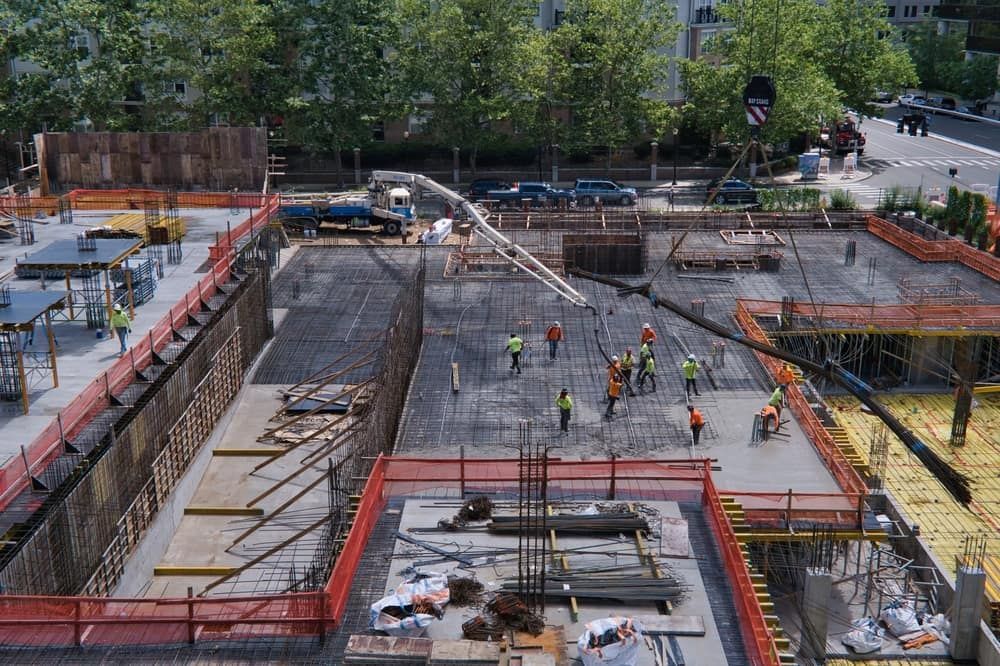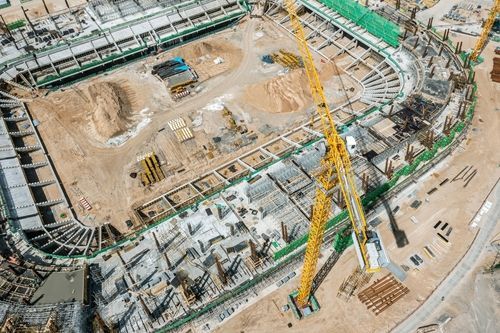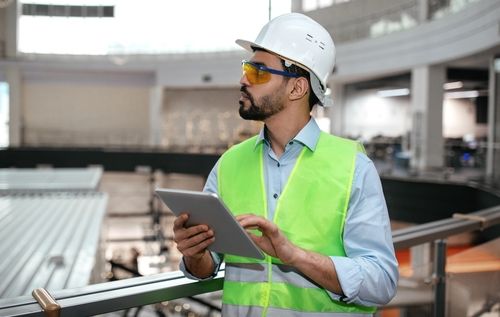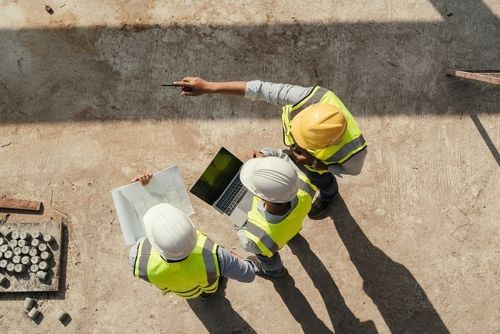Phases of Construction: A Complete Guide to Every Stage of an Effective Project
What Are the Core Stages of a Construction Project?
Running a construction project on autopilot without a clear structure or plan can result in budget overruns, scope creep, schedule delays, and compliance issues. Alternatively, when your construction processes are well-planned and divided into phases, you have a clear roadmap that guides you and the stakeholders from initial concept to project completion.
Understanding each stage and its key activities gives you a clear picture of how every decision, task, and milestone fits together. We’ll walk you through each stage of the construction process and explain how they work together to deliver a successful project from start to finish.
Here are the 5 phases of construction you should know:
Stage 1: Strategic Project Planning
Project planning, also known as pre-design or project conception, establishes a clear roadmap for every phase of construction and identifies potential challenges that could cause delays early on.
A key activity during this stage is the feasibility study, which determines whether the project’s goals are realistic and achievable. It evaluates factors such as cost, design, location, and schedule while ensuring early compliance with building codes and regulations.
Once the feasibility study is complete and the project receives approval, the next step is to develop a project plan. This document defines the project’s scope, major milestones, success criteria, and budget estimates. It also aligns all stakeholders and serves as a reference for tracking progress against goals throughout the project lifecycle.
Stage 2: Preconstruction
The second stage of construction is commonly known as preconstruction. It’s when concepts are transformed into actionable plans, ensuring that design intent, budget, and schedule are aligned before construction begins. During this phase, EDC’s Preconstruction Department leverages an extensive cost database and national network of subcontractors to deliver accurate budgets, detailed schedules, and thorough design and constructability reviews.
The EDC team collaborates closely with the owner and project stakeholders to confirm that all financial, logistical, and technical details are feasible and ready for execution. Key activities include site visits, cost estimation, scheduling, value engineering, subcontractor bidding, pre-purchasing long-lead items, and securing permits to establish a stable foundation and reduce risks before breaking ground.
Stage 3: Procurement
The procurement stage focuses on securing the materials, equipment, and services needed to execute the project successfully. Efficient procurement is essential for keeping the project on schedule, controlling costs, and maintaining quality standards.
During this phase, bids are solicited, contracts are awarded, and suppliers are vetted to ensure reliability and compliance with project requirements. Strategic procurement helps prevent costly delays, material shortages, and quality issues, creating a strong foundation for the construction phase to begin smoothly.
Stage 4: Construction and Monitoring
The construction and monitoring stage is where the project design becomes reality. It begins with mobilizing resources and preparing the site, which includes transporting materials, setting up equipment, and establishing temporary facilities.
This phase continues with foundation work, structural framing, and installation of essential systems such as electrical, plumbing, and HVAC. Exterior and interior finishes complete the building’s functionality and visual appeal, preparing it for inspection and eventual handover.
To keep progress on track, project teams hold regular review meetings, often weekly or bi-weekly, to assess completed work, anticipate upcoming milestones, monitor quality, and ensure alignment with design and project objectives.
Stage 5: Post-Construction
Post-construction (or project closeout) is the final stage of construction, which occurs once the on-site work is done and the project is coming to an end. It’s where everything relating to the project is documented, tested, and verified to ensure it’s safe, compliant, and ready for use. The construction team walks the site to identify and rectify areas that need improvement.
The inspection reviews structural integrity, building systems, fire protection, safety features, and finishes to confirm compliance with codes and project standards. This phase also includes testing and commissioning, final documentation, and project handoff.
Best Practices for Seamless Transitions Between Phases
Navigating construction stages seamlessly helps you maintain momentum, control budgets, and ensure overall quality across all your projects.
Let’s examine some best practices to ensure your next construction project runs smoothly:
Create a Detailed Plan
Having a clear roadmap sets a solid foundation for your project and eliminates potential roadblocks that could set back your project, such as cost overruns or resource misallocation.
It’s essential that your plan clearly outlines the goals, resources, timelines, and estimated budgets for your project. A detailed plan should identify each team member's role to prevent overlapping responsibilities, which can elongate construction timelines.
Clear Communication
Clear communication is essential to keeping every stakeholder aligned on project goals, timelines, and expectations. At EDC, we prioritize transparency and collaboration so owners always have visibility into progress and upcoming milestones. When communication flows seamlessly, each phase of construction stays on track with fewer delays or surprises.
Our team establishes structured communication plans that define how updates are shared, who’s responsible for decisions, and when reviews take place. We also document all changes and approvals to ensure accountability and build confidence from start to finish.
Track Progress and Performance
Consistent monitoring throughout each construction phase allows EDC to provide clear, data-driven insights into project progress and performance. Our team tracks key metrics to identify what’s working well, address potential roadblocks early, and ensure resources are used efficiently.
We use key performance indicators (KPIs), such as quality and compliance, safety performance, and schedule adherence, to guarantee that every aspect of the project is on track. Regular reporting gives owners confidence that the project is advancing as planned and performing to the highest standards.
Prioritize Post-Construction
It’s easy to assume that the hard part is over when the building structure is up and the tools are down. However, post-construction ensures the project is safe, complete, compliant, and ready for use as intended.
Neglecting the process could leave safety hazards unresolved, resulting in delayed handoffs, noncompliance risks, lawsuits, and reputational damage.
Want a Partner Who Manages Every Stage?
Every successful project starts with structure. Without the right plan in place, even great ideas can slip into costly delays and compliance troubles.
With decades of experience and a proven full-service approach, EDC streamlines every stage of your construction journey. Our experience with design-build, general contracting, construction management, and development ensures we deliver projects on time, on budget, and built to last.
Contact us today to learn more about how EDC can help you start planning your next construction project.

